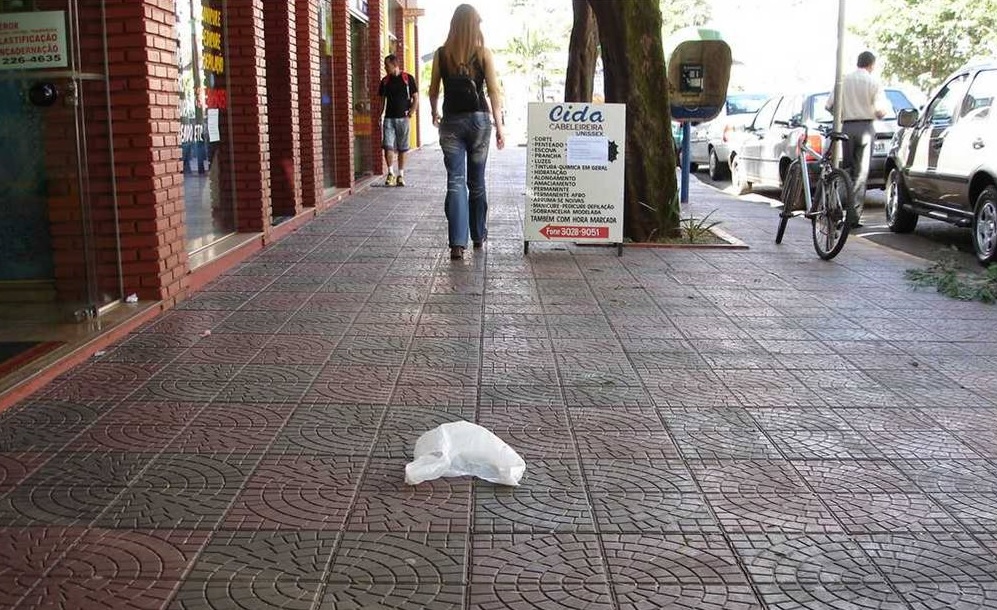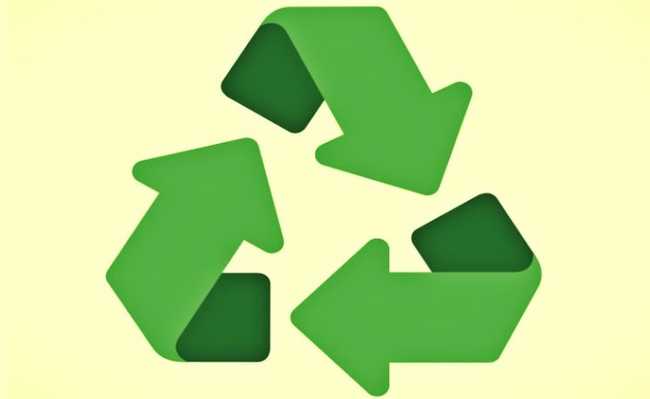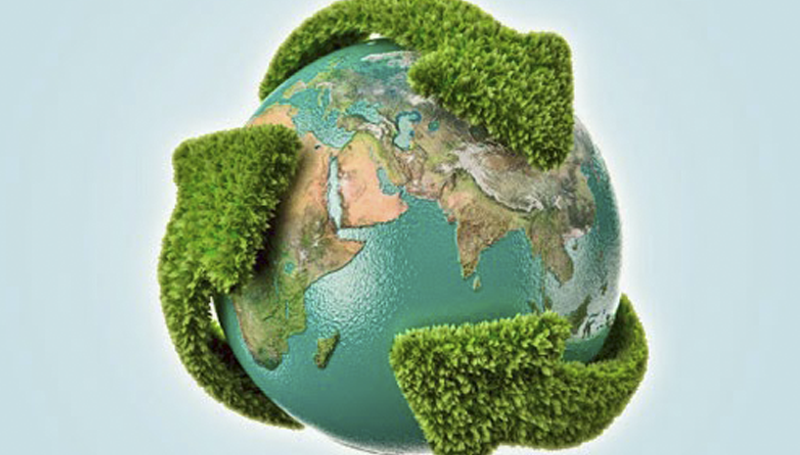Entrevista concedida pela FUNVERDE para a revista HM! sobre as malditas sacolas plásticas de uso…
Pakistan has not banned plastic bags, it has required them to be oxo-biodegradable plastic
The Oxo-biodegradable Plastics Association congratulates the Government of Pakistan on yesterday’s announcement that plastic bags (and all other disposable plastic products) made of polyethylene, polypropylene, or polystyrene must be made in future with oxo-biodegradable technology.
The Government did not ban plastic, as it is a low-cost material essential for everyday living and for protecting food from damage and contamination. Instead the Government required that all disposable plastic (not just shopping bags) be made oxo-biodegradable (see www.biodeg.org) so that if it gets out into the open environment it will degrade and then biodegrade much more
quickly than old-fashioned plastic, leaving no harmful residues.
The legislation prohibits not only the manufacture of conventional and bio-based disposable PE, PP or PS products in Pakistan, but also prevents them being imported into Pakistan. This means that all companies exporting disposable plastic products to Pakistan made from or packaged in PE, PP, or PS must make them in future with oxo-biodegradable technology from a supplier approved by the Pakistan Government.
Pakistan has a population exceeding 180 million, and this legislation will protect their environment for future generations from the accumulation of plastic waste, which can lie or float around for decades. It will cause no loss of jobs in the plastics industry and will allow the people of Pakistan to continue to use plastic for very many everyday purposes.
Pakistan did not choose bio-based “compostable” plastics and “landfillbiodegradable” plastics because the problem is plastic waste which cannot realistically be collected – not waste which can be collected for composting, landfill, or other forms of disposal.
Pakistan is the latest country in the Middle-East, Africa and Asia who have carefully considered the environmental credentials of oxo-biodegradable plastic, and have decided to adopt it to protect future generations against the accumulation of plastic waste in their environment.
The Government of the United Arab Emirates legislated to require oxobiodegradability of plastic carrier-bags as from 1st January 2012, and earlier this month they extended the range of products to include almost all disposable plastic products made from polyethylene, polypropylene, or polystyrene.
Fonte – Oxo-biodegradable plastics association de 01 de fevereiro de 2013
Enquanto isso, no Brasil, continuamos a guerra contra máfia do plástico, desde 2004.
Claro que o ideal é o uso da sacola retornável, mas tem as embalagens de produtos, as sobreembalagens… Afinal, 80% de todo o plástico produzido é de uso único e usado no máximo por um ano e depois fica poluindo o planeta por cinco séculos, no mínimo.
A melhor solução para o plástico de uso único é o plástico biodegradável de petróleo – lembre-se de que a matriz energética mundial ainda é o petróleo – que pode ter sua vida útil programada e pode e deve ser reciclado, mas quando não for – o Brasil só recicla 1% de tudo o que poderia ser reciclado – ele se degradará e biodegradará, não deixando poluição para nossos descendentes.
Parabéns ao governo do Paquistão por uma iniciativa tão necessária na era do plástico.




Este Post tem 0 Comentários